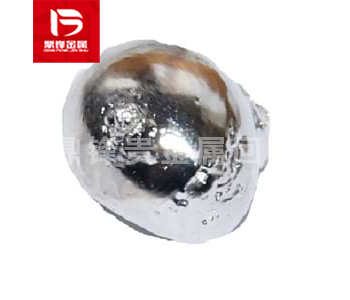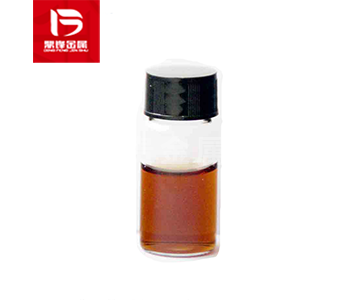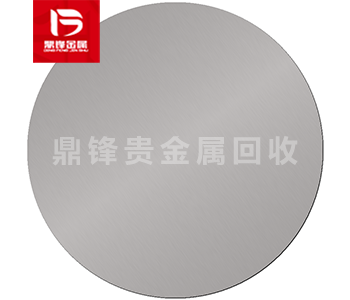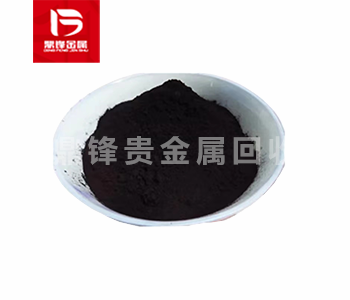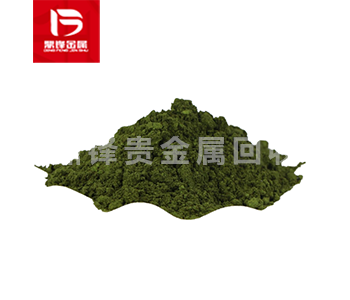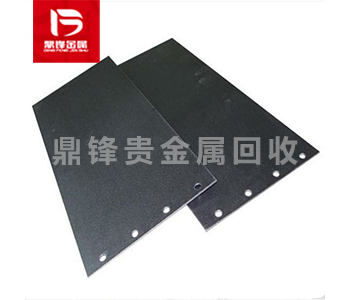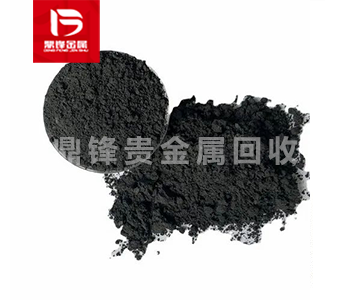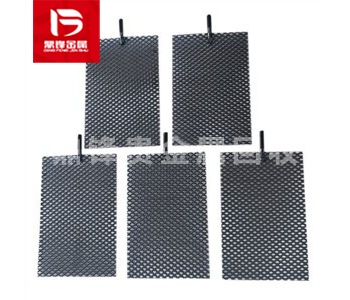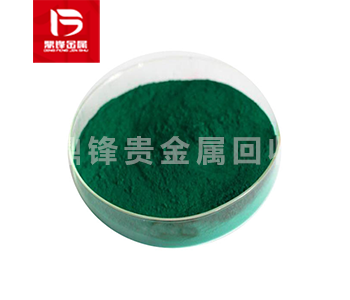Recycling Iridium from Iridium Waste
What is iridium waste?
Iridium waste is industrial waste or obsolete products containing iridium. Common forms include platinum-iridium alloy fragments (such as electrodes, high-temperature equipment parts), failed chemical catalyst residues, discarded electronic components (such as chip contacts), and radioactive iridium components in medical equipment (such as iridium-192 sources). Although the iridium content in these wastes may be less than 1%, its recycling value is extremely high and can be converted into high-purity iridium metal through professional refining.
Sources of iridium waste
Iridium waste is mainly produced in high-tech industries: iridium is used for precision electrodes and memory components in the electronics industry, the chemical industry relies on iridium-based catalysts for synthesis reactions, iridium-containing radioactive equipment is used in the medical field to treat cancer, and high-temperature iridium-coated parts in aerospace are scrapped to form waste. In addition, platinum-iridium alloy debris generated by jewelry processing is also an important source.
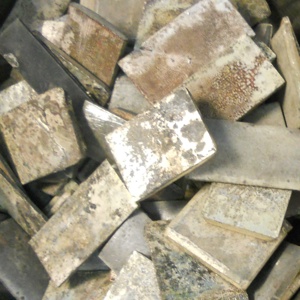
How to recycle and refine iridium waste?
Iridium waste recycling is mainly based on chemical methods and pyrometallurgy. The chemical method uses strong acid (such as aqua regia) to dissolve the waste, combines ion exchange or selective precipitation to separate iridium compounds, and then obtains metallic iridium through high-temperature reduction; the fire method uses the high melting point of iridium to separate impurities through high-temperature smelting, supplemented by electrolysis or distillation purification. Both methods require strict control of environmental standards to reduce the environmental risks of strong acid waste gas or smelting waste slag.
Benefits of iridium waste refining
Iridium recycling has both economic and ecological benefits: on the one hand, it alleviates the supply pressure caused by the scarcity of iridium ore (one billionth of the content in the earth's crust), and reduces the dependence of electronics, aviation and other fields on raw ore; on the other hand, it reduces industrial waste pollution, promotes resource recycling, and meets the goal of carbon neutrality. the cost of recycling iridium is significantly lower than that of raw ore mining, providing a sustainable precious metal supply chain guarantee for high-tech industries.



